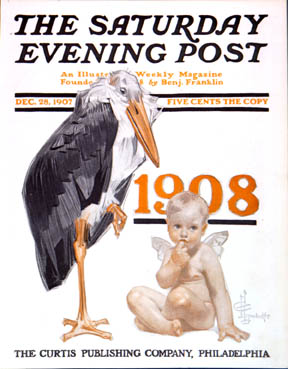
Dennis Lehane, best known for superlative contemporary mysteries, takes on a historical tale in Live By Night, the story of a Boston gangster who becomes a bootlegger king in Tampa. It’s a very good novel. I’m not entirely sure what it’s about thematically, and I’m fairly sure I disagree with the subtext. Still, a worthy read.
Joe Coughlin is a cop’s son, but chooses to become a gangster (he prefers the term “outlaw”). He first sees Emma Gould while robbing an illegal poker game, and he starts dating her even though a mob boss is obsessed with her. One thing leads to another, and Joe ends up doing five years in prison while Emma ends up in a wrecked car in a river.
Joe can never forget her, though he’s sure she’s dead. In prison he gets close to a mob leader who, on his release, sends him down to Tampa to run the rum running operation there. This leads him to great wealth and success, and marriage to a beautiful Cuban woman. He tries to do his job in his own way, showing mercy to people when he can, but gradually he realizes he’s a gangster, not an outlaw. And his longing for lost Emma haunts him until he achieves at last a painful clarity.
I think author Lehane recognizes, and wants us to understand, that Joe is not without his self-delusions. The title of the book, Live By Night, is a reference to his belief that there are day people and night people, and that the night people are more glamorous and more honest, because they’re not hypocrites like the day people. This is of course a rationalization; the only choices in life aren’t between being a corrupt cop or an open criminal. One could, for instance, be a dirt farmer. The work might kill you, but you’d have small scope for corruption.
No, Joe’s real motivation is an addiction to risk-taking, and Lehane admits as much.
All in all, I suspect the real message of the book is essentially Marxist. The Americans are bad because they’re racist and rich. The Cubans, though Lehane admits they’re just as racist, are poor and therefore pure in some sense. The book ends before Castro shows up, so Communism is only addressed in an oblique way.
There is an running theme of religious aspiration, but Lehane doesn’t seem to see much hope in it.
But it’s not a heavy-handed book. Anything but. Live By Night is a well-written, moving story. Cautions for language and adult themes.




